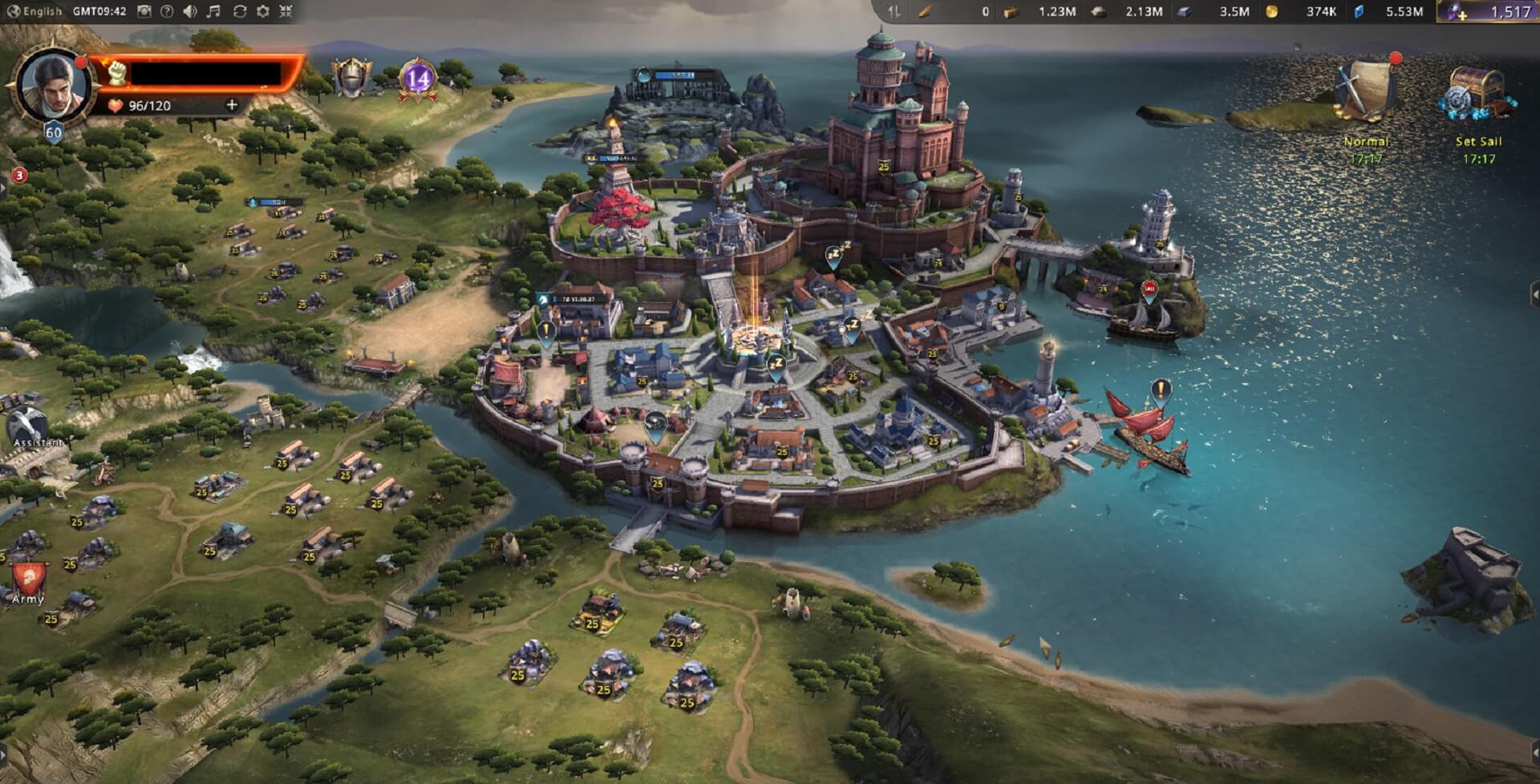The Chinese government's gaming regulator has once again begun to grant licenses to games after a freeze of almost nine months. Beijing stopped granting licenses to games last July, but it now appears that the regulatory body is ready to approve games again.
Why is China ending the gaming freeze now?
The Chinese gaming freeze began last year, shortly before the government called gaming "spiritual opium" and imposed heavy restrictions on who could play video games and when. Said freeze negatively impacted Chinese companies like NetEase and Tencent, who found that they couldn't get licenses for new releases. However, according to Reuters, the Chinese gaming regulatory body has granted its first licenses to a batch of games since July last year, when the freeze was imposed. The 45-strong list of games includes offerings from Baidu, Shenzhen Zqgame, and Yoozoo.

As Reuters tech correspondent Josh Ye notes on Twitter, the list doesn't include any games from NetEase or Tencent. However, it does seem like the Chinese government has worked out some of its internal rules on how gaming studios should proceed, potentially giving domestic developers some confidence. In recent weeks, Chinese studio Pathea Games announced its release date for the Early Access phase of upcoming life sim My Time at Sandrock after numerous delays, signifying that the Chinese gaming industry should be clearer for developers and gamers going forward.
Gaming in China: a complex situation
The gaming industry in China is both extremely lucrative and heavily regulated. While industry titans like Tencent make absolutely astonishing amounts of money through games like Honor of Kings, the government has grown increasingly wary of what it seems to view as a potentially dangerous and addictive medium in recent years. Last year, a group of more than 200 Chinese gaming companies and developers pledged to implement stricter self-regulation after a Beijing crackdown, vowing to police content involving "effeminate men", "money worship", and "gay love" in their games, among other things. It's clear Beijing is still keeping a watchful eye on the gaming industry, but this new slew of licenses should come as a relief to Chinese studios at any rate.

Despite Beijing's vigilance, the Chinese gaming industry is absolutely massive business. Tencent is the biggest gaming company in the world by revenue, and other Chinese studios like NetEase (which could be about to buy up Quantic Dream), while not quite in the same league, are certainly not doing badly for themselves. We'll have to wait and see whether this initial wave gives way to a slightly more lenient regulatory environment for Chinese gaming. As ever, stay tuned for more.







